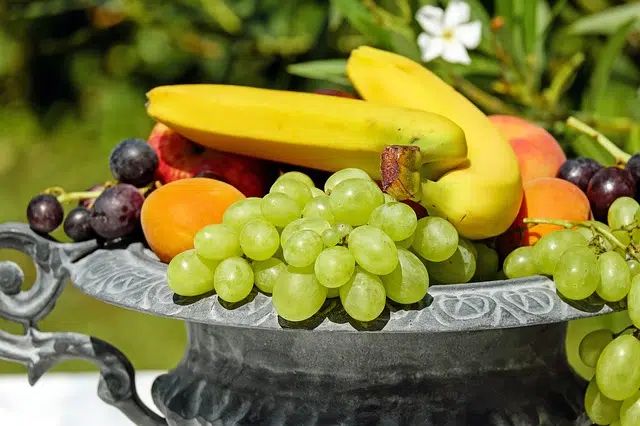
Perishable foods break down quickly and easily.
Perishable is an adjective that indicates that which is not durable and that, therefore, must perish (cease to be, end) . For example: “Don't be fooled: this is something perishable; The reality is very different” , “You cannot go on an expedition to the desert and take perishable food with you” , “Material wealth is perishable; “Values are eternal.”
Perishable foods are those that begin to decompose quickly and easily. This deterioration is determined by factors such as temperature , pressure or humidity .
Expiration of perishable foods
Vegetables and fruits, if they have not gone through any process, are considered perishable foods, since they must be kept cold and consumed before a certain date (the expiration date or expiration date) to prevent them from decomposing and spoiling. .
Bacteria and fungi are among the microorganisms capable of destroying perishable foods. These fresh foods have enzymes that promote degradation and alter the flavor and texture, among other characteristics .
Another category of foods are semi-perishable foods, which also deteriorate relatively easily although they remain safe from damage for longer . Among these foods, tubers and nuts can be mentioned.

Sigmund Freud is the author of an essay titled "The Perishable."
Alternatives to extend its conservation
To preserve perishable foods, the best option is to use refrigerators (also known as refrigerators or refrigerators) or freezers , which offer a low temperature environment.
Another possibility is to include chemical additives such as salts or acids in foods to prevent the development of microorganisms. In this way, foods manage to retain their nutritional properties for longer.
The importance of non-perishable foods
Collection campaigns for those most in need always request the donation of non-perishable food, for different reasons. Firstly, given that the process of collecting, organizing and distributing donations can be very extensive, it would not be possible or convenient to work with fresh fruits and vegetables.
On the other hand, a large percentage of those benefiting from these movements do not have the means to preserve food (such as the aforementioned refrigerators).
An essay by Freud
In an interesting essay written by Sigmund Freud in 1915, entitled "The Perishable" , the father of psychoanalysis reveals our difficulty in accepting the loss of everything we love, the death of the beautiful, the disappearance of our creations, and exposes two opposing points of view regarding this phenomenon : the denial of death and the impossibility of enjoying life by anticipating its end.
It is curious that in a century, certain mechanisms of our mind have not changed, that we continue to be vulnerable to many of the same situations (if not all), and that we continue to deny ourselves the pleasure that contact with nature and the other people, instead allowing ourselves to be drowned by the mere idea of the passage of time and its inevitable consequences on our loved objects.
Among the highlights of this short work is a reflection on the value of perishable things: is a flower less beautiful just because it has a finite life? Does an artistic work lose depth if, after a few centuries, it disappears into oblivion or is no longer appreciated by future generations? Freud refuses to accept such a possibility; On the contrary, he maintains that the fact that these beings and objects perish makes them more special.
On the other hand, accepting death helps us free ourselves and move forward; We do not stop remembering with longing the being that is no longer at our side, but we can establish new relationships, continue to enrich ourselves, love and be loved, accepting that, just as has happened before, much of what surrounds us will perish.
